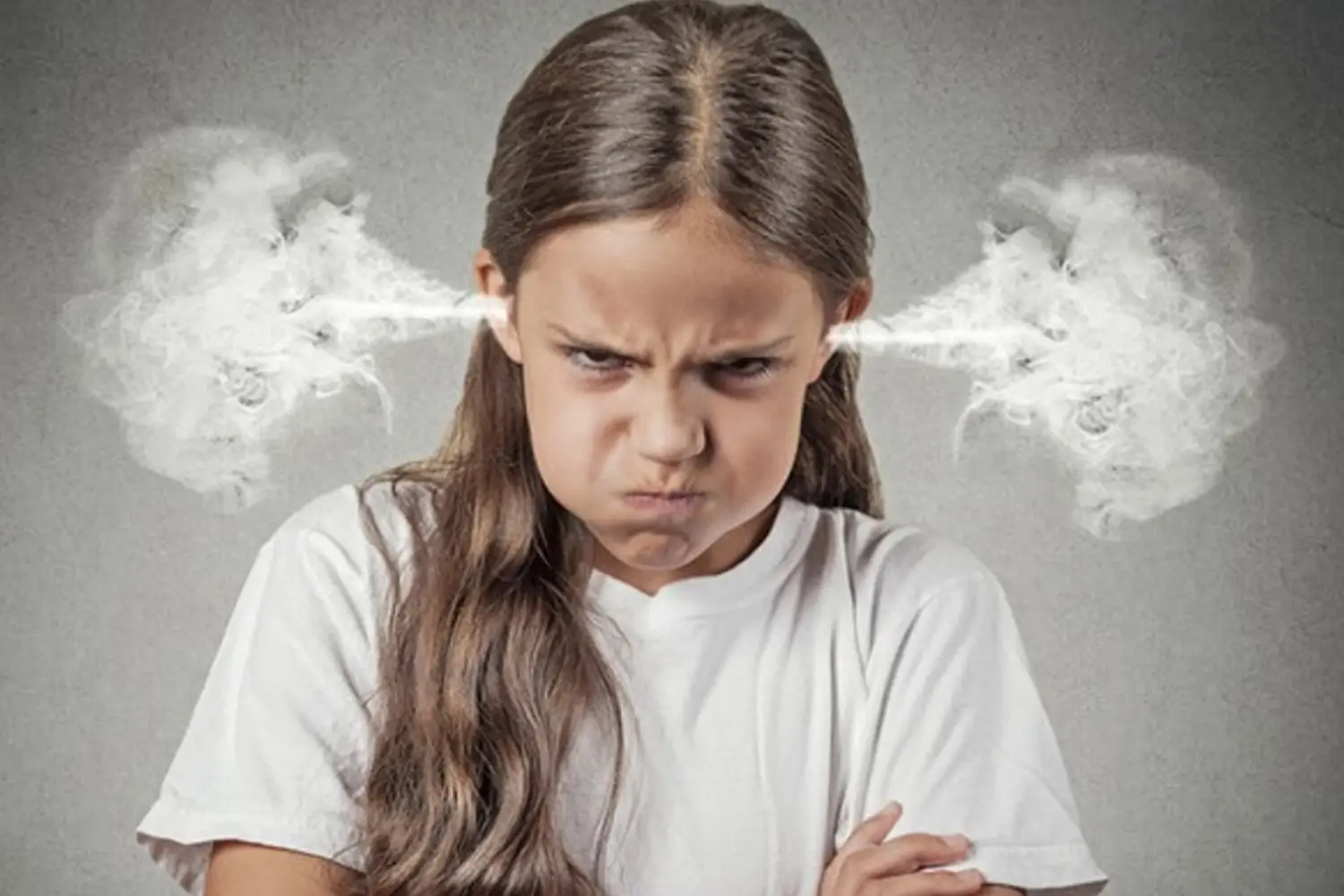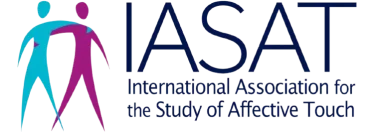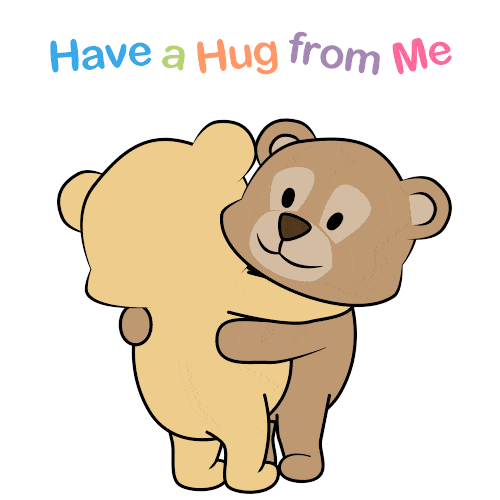The Seven Types of Touch
Touch is one of the most natural ways people communicate with each other. Often, a touch says more than words. Whether it’s a loving hug or a quick handshake, every touch has its own meaning. A 1985 study by Jones and Yarborough identified seven different types of touch. In this article, we’ll take a closer look at these seven types and what exactly they mean.
1. Positive Touches: Conveying Emotions
The Seven Types of Touch
Positive touches are meant to convey good feelings, such as support, appreciation, or affection. They mainly occur between people who have a close relationship, such as parents and children, close friends or partners. These touches can take different forms:
- Supportive touch: This touch is intended to comfort or reassure someone, for example, a hand on someone’s shoulder when they are sad. It shows that you care about the other person and are there for them.
- Appreciative touch: A touch to thank someone or show that you appreciate what they have done. Think, for example, of a pat on the back after a job well done.
- Inclusive touch: This type of touch shows that you belong, such as putting an arm around someone during a group call.
- Sexual touch: This involves touches that show attraction or sexual interest, such as grabbing a hand in an intimate way.
- Affection touch: This type of touch simply shows that you like or love someone, such as a hug or a kiss on the cheek.
2. Playful Touches: Breaking the Ice
The Seven Types of Touch
Playful touches are meant to lighten the mood. They make a situation a little less serious and are often meant to tease or have fun. They can occur in two ways:
- Playful affection: These are touches in which someone teasingly pokes your side or gives you a playful shove, for example. It’s a way to show friendship without it being too heavy.
- Playful aggression: This looks like playful affection, but there is a playful sign of aggression in this, such as frolicking or pushing each other in a way that is not meant to be serious.
3. Controlling Touches: Directing Behavior
The Seven Types of Touch
Sometimes people use touch to guide behavior or attitude. This type of touch is often initiated by someone who wants the other person to do something or pay attention to something. There are different types of controlling touch:
- Touch compliance: This is intended to encourage someone to do something, such as gently pushing a child if they need to hurry up.
- Attention-grabbing touch: This touch is used to get someone’s attention, such as a tap on the arm to show that something important is happening.
- Elicit emotional response: A touch to show how someone is feeling, such as a firm handshake to show strength or grabbing someone by the shoulders to show that you are serious.
4. Ritual touches: greeting & saying goodbye
The Seven Types of Touch
This type of touch often has to do with habits that we have learned, such as when greeting or saying goodbye. They have no deeper meaning but are part of our social behavior. Some examples include:
- Greeting: Think of a handshake, hug, or kiss on the cheek when greeting someone.
- Saying goodbye: Shake hands or touch someone when leaving.
5. Hybrid Touches: Combinations of Meanings
The Seven Types of Touch
Sometimes a touch has more than one meaning. This happens especially with hybrid touches, where multiple intentions come together, such as affection and greeting or goodbye and affection. Examples include:
- Greeting and affection: A hug when you see someone for the first time in a long time. You greet the other person, but also show that you are happy to see that person.
- Goodbyes and affection: This happens when you give someone an extra hug when saying goodbye to show that you are going to miss them.
6. Task-Related Touches: Functional Touch
The Seven Types of Touch
Some touches are purely for the purpose of performing a certain task and have no emotional significance. This type of touch can occur in several ways:
- Reference to appearance: This happens when someone points out something related to your appearance, such as a strand of hair that doesn’t fit right and someone who does it equally well.
- Accidental touch during a task: Sometimes you’ll touch someone while you’re doing something without really needing to, such as the hairdresser’s hand touching your shoulder while cutting your hair.
- Helping touch: A functional touch to help someone, such as helping someone to their feet after a fall.
7. Accidental Touch: No Meaning
The Seven Types of Touch
Finally, there are also touches that have no meaning at all. These are accidental touches, such as when you accidentally touch someone on a busy shopping street. Most of the time, these touches are perceived as uncomfortable and can cause people to withdraw. In fact, research has shown that customers who are accidentally touched by someone in a store are more likely to leave the store.
Conclusion
The Seven Types of Touch
So touch is much more than just something physical. It can convey a variety of emotions, from love and affection to control and play. Sometimes touch is meant to perform a task or can have a purely ritual function, such as when greeting or saying goodbye. And in other cases, a touch happens accidentally, without any intention. By understanding what touch means, we can better assess how people communicate with each other without words.
Whether it’s a loving hug or a playful tap, touch remains an important part of human interaction. It helps us to connect, feel safe, and express our emotions, and that continues to matter at every stage of life.








